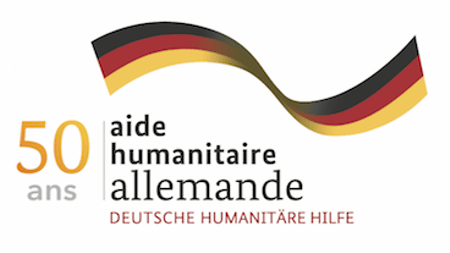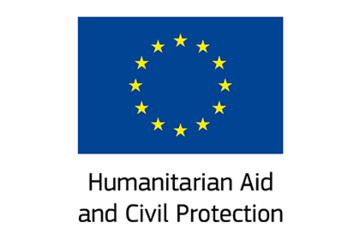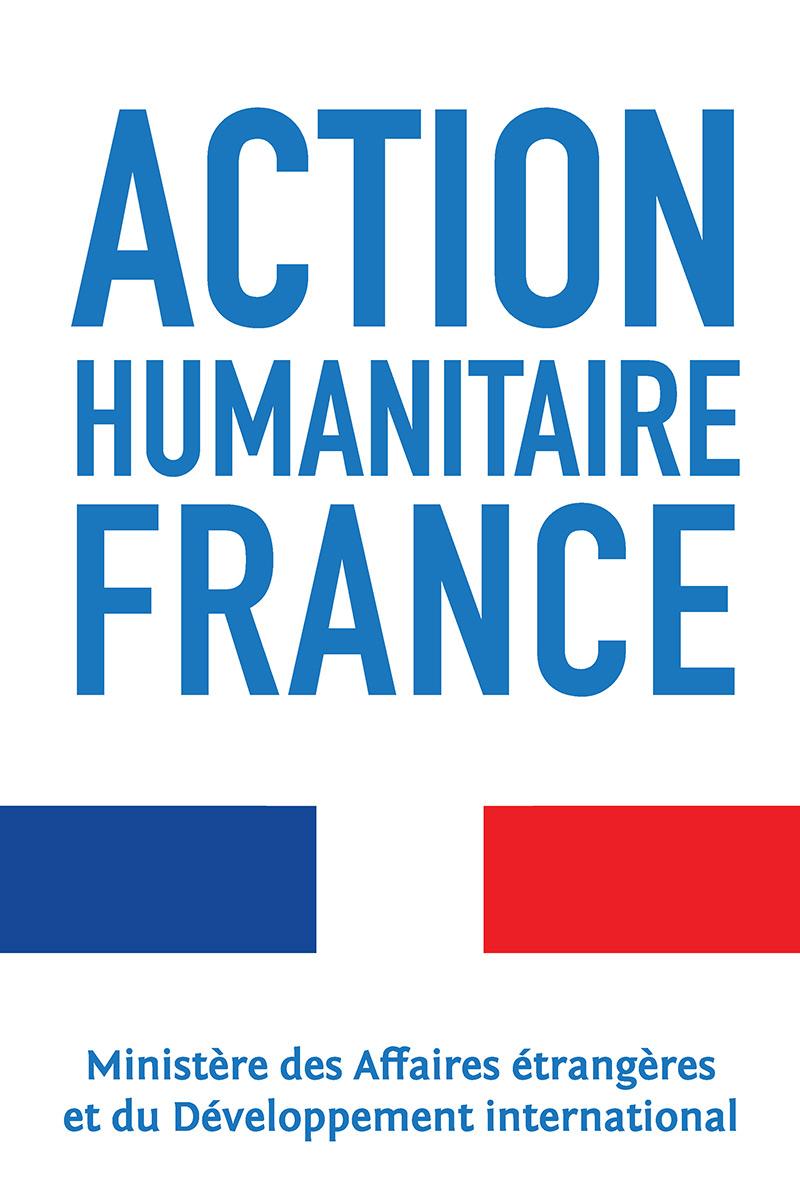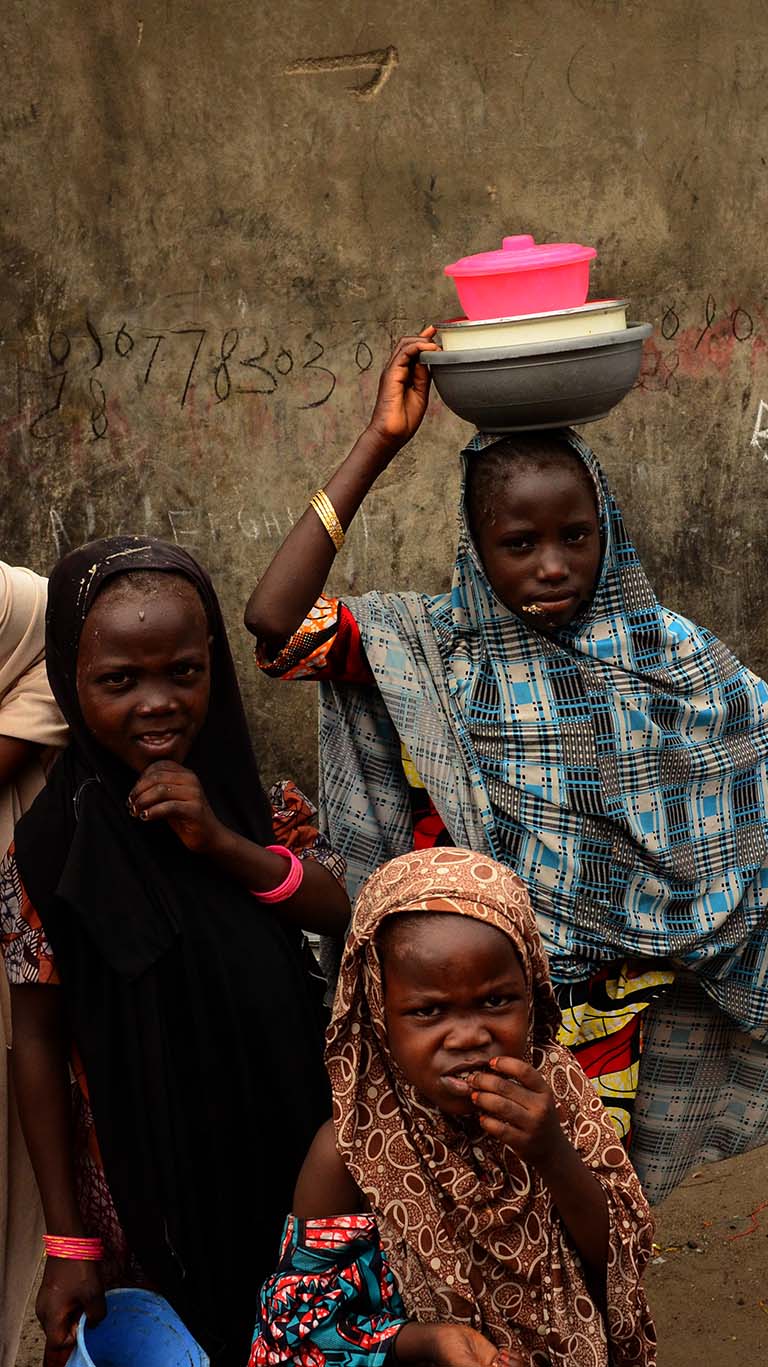
Nigeria
© Benedicte Kurzen
Médecins du Monde’s emergency response includes a range of humanitarian assistance programmes in north-eastern and north-western Nigeria. Find out more about our work and missions below.
THE HUMANITARIAN SITUATION IN NIGERIA
The humanitarian situation in Nigeria is critical, particularly in the northern states where population displacements linked to conflict and food insecurity have led to 7.9 million people being in need of humanitarian assistance.
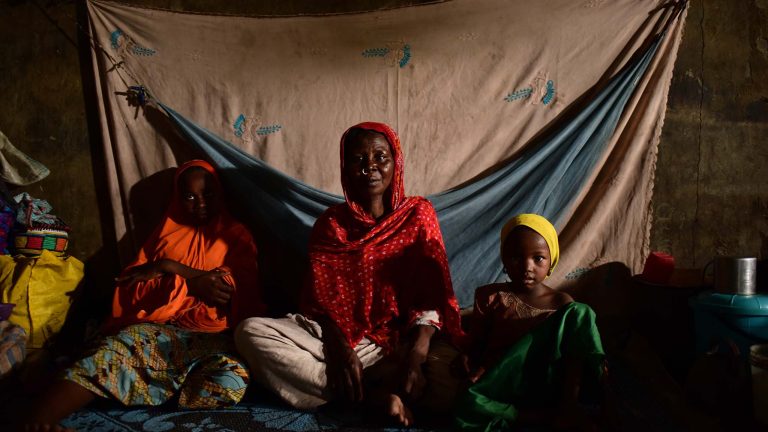
© Benedicte Kurzen
OUR HUMANITARIAN WORK IN NIGERIA
In 2024, Médecins du Monde adapted its humanitarian response as the crisis evolved.











